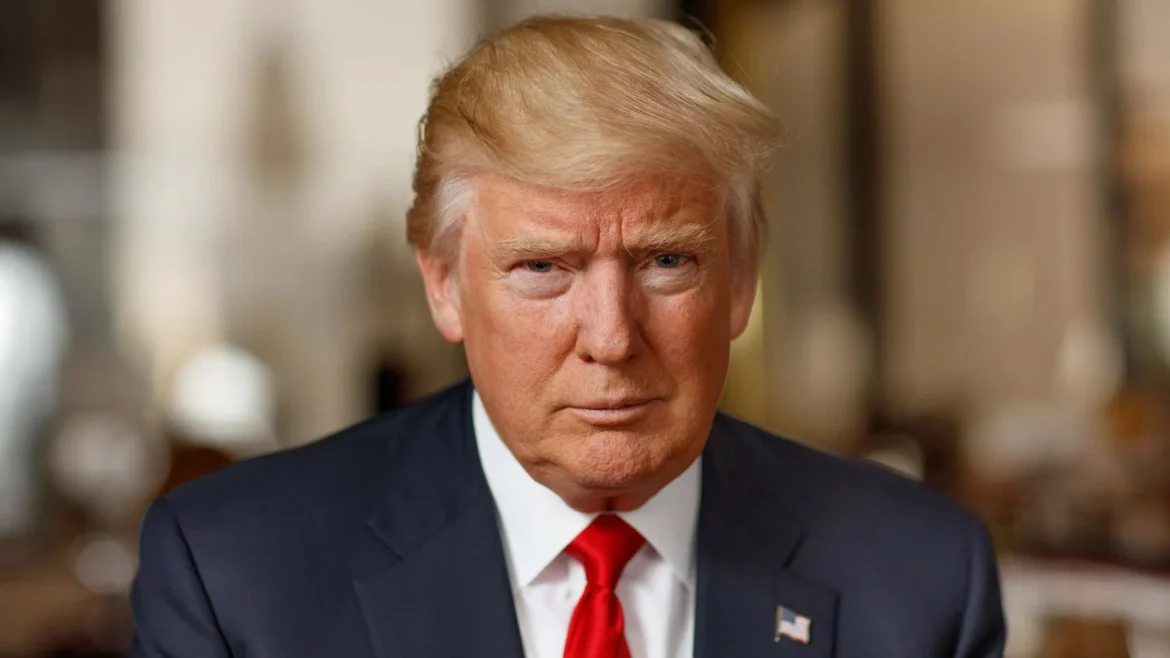The issue of Guantanamo Bay deportations has stirred heated discussions among political analysts, legal professionals, and human rights groups worldwide. As the U.S. grapples with the future of its detention facility in Cuba, former President Donald Trump’s proposed plan to expedite the deportation of detainees has created an intense and complex debate. What exactly is Trump’s plan, and why is it so controversial?
Trump’s focus on Guantanamo Bay stems from his desire to close the detention center and accelerate the removal of detainees. These individuals, many of whom are accused of involvement in terrorism or affiliations with terrorist organizations such as Al-Qaeda and the Taliban, have been held at Guantanamo for years without trial. Trump’s policy proposal revolves around swiftly deporting these detainees to their countries of origin or to other nations willing to accept them. His administration has argued that maintaining the prison is a drain on U.S. resources, with annual costs running into the hundreds of millions of dollars. Reducing these costs and focusing on military threats closer to home has been central to his reasoning.
However, this proposal has ignited a series of legal and diplomatic challenges. The most significant issue raised by critics is the legality of deporting detainees without proper trials. International human rights laws stipulate that detainees are entitled to fair trials, and deporting them without addressing these legal processes may violate their basic rights. For many, this brings up uncomfortable parallels to past U.S. actions, including renditions to countries with questionable human rights records. Critics argue that the U.S. could be seen as abandoning its own values of justice and fairness.
Furthermore, the impact on foreign relations cannot be ignored. Trump’s deportation plan requires cooperation from foreign governments, which may not be eager to accept individuals accused of terrorism. Countries might fear the political and security risks that come with accepting such detainees, especially if they face allegations of involvement in high-profile terrorist attacks. This could further strain U.S. relationships with these nations and complicate diplomatic ties, especially in the Middle East and Asia.
Legal experts also point out that the removal of these detainees might lead to a rise in potential international legal challenges. If individuals are deported to countries where they could face torture, unfair trials, or indefinite detention, the U.S. could find itself in violation of international treaties, such as the United Nations Convention Against Torture. Additionally, such actions could expose the U.S. to legal challenges in international courts, particularly in European and international human rights bodies.
Trump’s policy, however, has found support from a portion of the American public who believe that Guantanamo Bay has outlived its usefulness. These individuals argue that the long-term detention of individuals without trial is a significant breach of American legal principles, and they welcome Trump’s desire to close the facility. Furthermore, proponents of the plan emphasize that deporting detainees could protect national security by preventing the growth of terrorist networks within the U.S. border. For some, it’s viewed as a step toward a more effective and secure foreign policy, one that prioritizes swift action over prolonged legal entanglements.
The future of Guantanamo Bay and the potential deportations remain uncertain. With ongoing legal battles and diplomatic negotiations, it’s clear that the issue will remain contentious for years to come. As the U.S. faces complex questions about national security, human rights, and international law, the debate over Guantanamo’s closure is far from resolved.
Stay ahead with the latest news on global innovation, leadership, entrepreneurship, business, and tech. Join us on WhatsApp or Telegram for real-time updates. Have a report or article? Send it to report@theinnovationtimes.com.
Follow us on X (Twitter), Instagram, LinkedIn, YouTube, Pinterest, and Facebook for more insights and trends.



